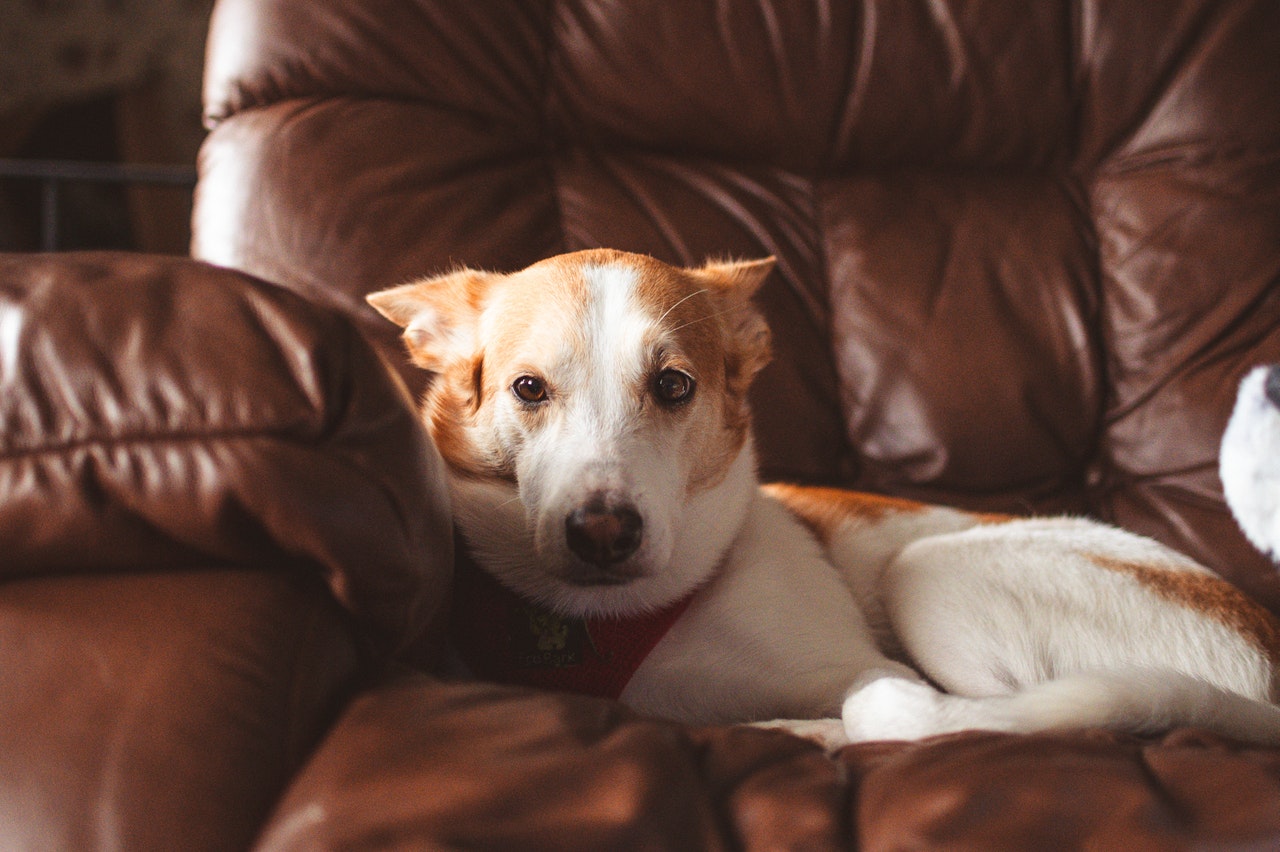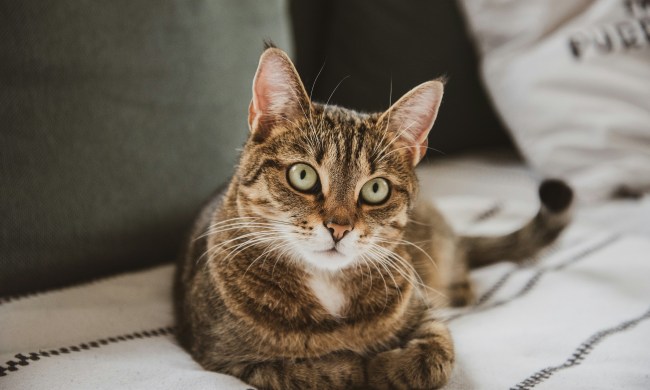Each year, it’s estimated that puppy mills contribute up to 90% of puppies sold in pet stores. Puppy mills pump out around two million puppies each year, while roughly 1.5 million animals are euthanized in shelters on a yearly basis. Adopting a dog from your local shelter or breed-specific rescue is a budget-friendly and ethical alternative to purchasing a dog directly from a breeder or pet store. When you adopt a mutt, you’re saving a life, but that’s not the only reason you should adopt a mixed-breed dog. We’ll walk you through some of the best reasons you should consider a mutt the next time you’re ready to adopt a dog.

You’ll get a one-of-a-kind dog
No two mutts are completely alike. Due to their often unknown parentage, mutts can sometimes resemble purebred dogs, but they frequently look like a combination of breeds. For example, we once had a mutt with the face and body shape of a Labrador retriever — and the most adorable curly tail. If you want to find a unique pooch that’s bound to turn heads, you can’t go wrong with adopting a mutt. (Fun fact: Curious mutt owners can find out what breeds make up their dog’s genetics with a DNA testing kit.)
Mutts usually live longer than purebreds
Inbreeding and genetic tampering to enhance certain traits have left purebred dogs with a host of breed-specific health problems. Bulldogs tend to have breathing issues, German shepherds suffer from hip dysplasia, and shih tzus are prone to weak knees due to selective breeding. While your mutt may be part German shepherd, collie, or Chihuahua, having an assortment of breeds in his gene pool makes him less likely to suffer from breed-specific ailments, which means mutts tend to live longer, healthier lives than purebreds.
You’re fighting puppy mills
Because they’re moneymakers for owners, puppy mills prioritize profit over animal welfare. In a single year, one puppy mill sold over 1,200 puppies for nearly $300,000. Animals are kept in deplorable conditions, puppies are weaned much too early, and inbreeding runs rampant in puppy mills. By adopting a dog from an animal shelter, you’re putting your dollars where they’ll truly improve the lives of animals rather than lining the pockets of those who don’t care for their dogs. Additionally, adopting a dog from a shelter frees up space for another dog to be housed, so each adoption saves two lives.

You’re saving a ton of money
Depending on the breed and the litter’s pedigree, the price of purebred dogs can range from several hundred to several thousand dollars. You may fall in love with a Samoyed; with his pristine white coat and soulful brown eyes, it’s hard not to. But did you know you could be spending up to $14,000 to bring him home? We don’t know about you, but we don’t have that kind of money lying around to spend on a dog. Adopting a mutt is a low-cost solution, and plenty of equally adorable dogs are waiting to find a forever home at your local shelter.
You’ll raise awareness for shelter dogs
It’s impossible to walk your dog without someone coming up to say hello. When strangers greet your dog and ask where you found such a sweet, well-behaved fur baby, they might be surprised to learn that your pooch is a shelter dog. There’s an unfortunate misconception that shelter dogs are aloof, unfriendly, or even aggressive, and that’s not the case. The more people can interact with friendly, well-trained shelter dogs, the more likely they’ll be to consider adopting one, too.
Mutts tend to be easier to train
Some breeds are genetically hardwired for specific tasks like hunting or herding. While their skills are essential in the right field, they become far less desirable if your dog attempts to hunt the family cat. Because they’re a mix of various breeds, mutts tend to be more laid-back than purebreds. Traits like hunting and herding are watered down by the widened genetic pool, so you’re more likely to find a calm family companion if you opt for a mutt. That being said, training your dog is essential, but research shows that mutts may be easier to train than purebreds.

Whether you’ve always had a mutt in your life, or this is your first time considering adopting one, you’re in for a treat. You’ll save a life, save plenty of money, and you’ll bring home a unique pup you can’t find anywhere else. Mutts tend to be healthier than purebreds, and they’re also easier to train. With so many wonderful characteristics, we can’t think of a single reason why you shouldn’t adopt a mutt.



